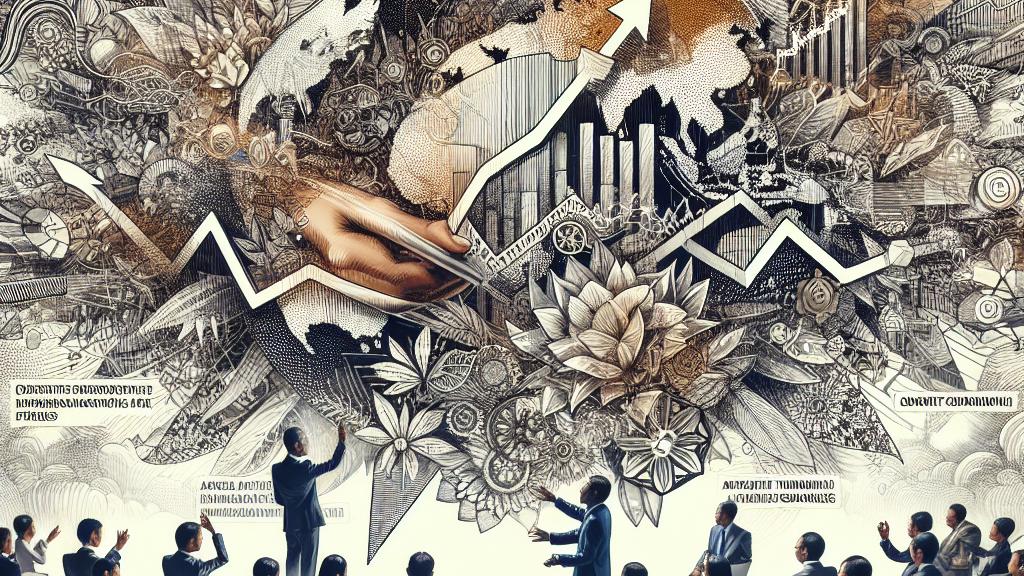Thailand's Path to Educational Excellence and Economic Stability
Overview
- Maintaining policy continuity is essential for driving educational reform.
- Increased investment in STEM education is urgently needed.
- Public-private partnerships can transform educational quality and access.

A Vital Call for Policy Continuity
In the heart of Thailand's burgeoning economy, a powerful movement is urging the government to prioritize policy continuity, especially in education. This is not just talk; it’s a critical plea from leading business figures who recognize that without consistent policies, the nation risks stagnation. Recent discussions at a prominent seminar hosted by the Thailand Management Association emphasized this point. Arak Sutivong, a leading executive, passionately described how other nations, notably Vietnam and South Korea, have surged ahead due to stable and forward-thinking educational policies. In a world that changes rapidly, Thailand can no longer afford to fall behind; embracing technology and innovation must be seen as strategic investments crucial for securing a prosperous future.
A Momentous Investment in Human Capital
One of the standout moments from the seminar was the staggering statistic that only 23% of Thai bachelor’s degree students are pursuing degrees in science or engineering. This alarming trend signifies a looming crisis for Thailand's future economic viability. Danucha Pichayanan pointed out that unlocking the potential of brilliant minds—especially those in rural regions—could change the nation's trajectory. For instance, many talented students find themselves thwarted by the lack of resources and opportunities, which is not just a loss for them but a loss for the entire country. By investing in STEM education and ensuring equal access to quality learning, Thailand can cultivate a ready and skilled workforce. Drawing lessons from global leaders like South Korea can provide invaluable insights into effective educational strategies that have worked elsewhere.
Collaborative Efforts Paving the Way for Growth
As Thailand grapples with the challenges of the global economy, the role of public-private partnerships emerges as a beacon of hope for transformative educational reform. Collaboration between these sectors can forge strong ties that enhance educational quality, making it more relevant to today’s job market. Imagine a scenario where schools partner with tech companies to develop curriculums tailored to preparing students for future innovations. Furthermore, successful initiatives in countries like Indonesia to protect local industries from foreign competition offer a model for how Thailand could support its own manufacturers while ensuring its workforce remains competitive. Together, these efforts can create a vibrant ecosystem where education not only prepares students for their careers but also empowers them to be future leaders and innovators.

Loading...